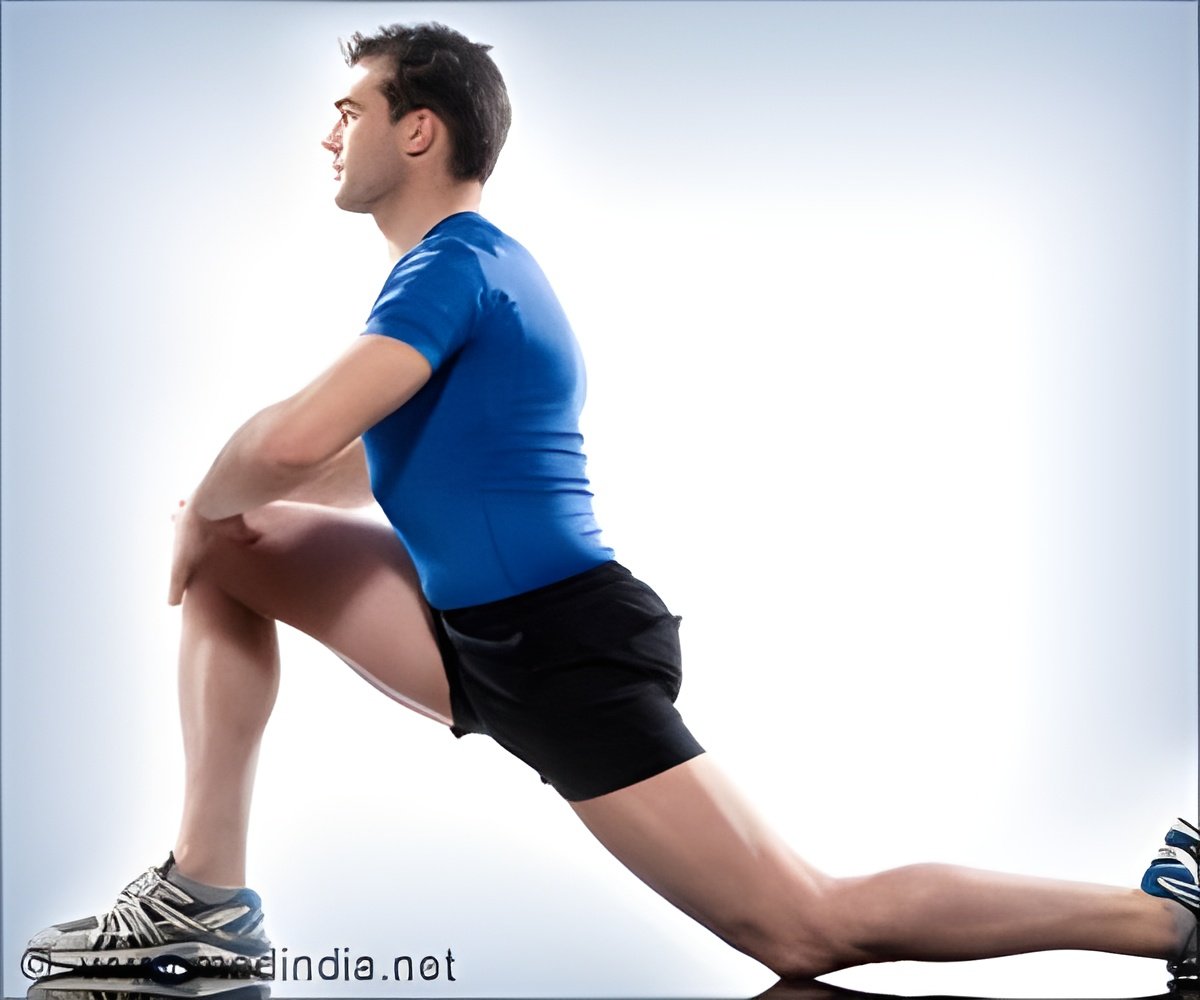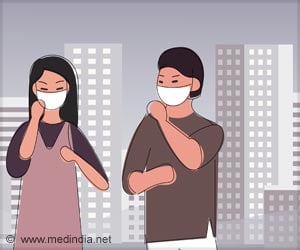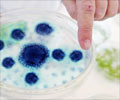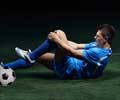From inflammation to heart failure, the effects the new coronavirus could have on your heart are alarming, especially in vigorous-intensity exercise, training, and sporting activities.

‘Athletes diagnosed with COVID-19 should halt participation in exercise and sports programs for at least two weeks and then resume those activities under a medical professional's care and advice.
’





If you are gearing up for sports activities, you should ask your doctor about whether you need to undergo cardiac screening in addition to COVID-19 testing. "For people who have cardiac inflammation (myocarditis), we know that exercise during the acute phase can actually make the disease worse by increasing the virus's ability to replicate, potentially increasing inflammation and the risk for cardiac arrhythmias, heart failure, and sudden death," Makadia says.The American College of Cardiology's Sports and Exercise Council recommends that athletes diagnosed with COVID-19 should cease participation in exercise and sports programs for at least two weeks and then resume those activities under the care and advice of a medical professional.
Even if you test positive for COVID-19 without showing any symptoms whatsoever, you should still avoid exercise for two weeks from the time you learn your diagnosis. "If you test positive but have only mild symptoms and do not require hospitalization, experts recommend no exercise while still showing symptoms followed by no exercise for two weeks after all symptoms subside. After this, you can return to activity after being evaluated by a medical professional or cardiologist," Makadia says.
Makadia adds: "For athletes with significant symptoms or those who need to be hospitalized, more detailed evaluation by a cardiologist is recommended after discharge from the hospital and prior to resuming exercise or activity."
Everyone, not just athletes, should be mindful of the following symptoms: shortness of breath, chest pain, palpitations (fluttering or a rapid heartbeat), lightheadedness, leg swelling, muscle pains, and unexplained fatigue. See your doctor right away if any of these symptoms present.
Advertisement
You should follow safety and social distancing guidelines when training (especially when you are inside a gym or swimming pool) and participating in sports activities.
Advertisement
As gyms and training facilities reopen, it is important to practice good hand hygiene and thoroughly clean equipment before and after each use. Get in the habit of bringing and using your own towels, and avoid communal faucets, water fountains and coolers, and areas where there are high traffic and great exposure to sweat.
Additional testing for athletes who contract COVID-19 may be recommended following the two-week quarantine/cessation period. "Experts recommend an evaluation with a medical professional that may include blood work to look for cardiac involvement/inflammation, an EKG, a Holter monitor, an echocardiogram, and possibly a stress test," Makadia says.
Source-Newswise















